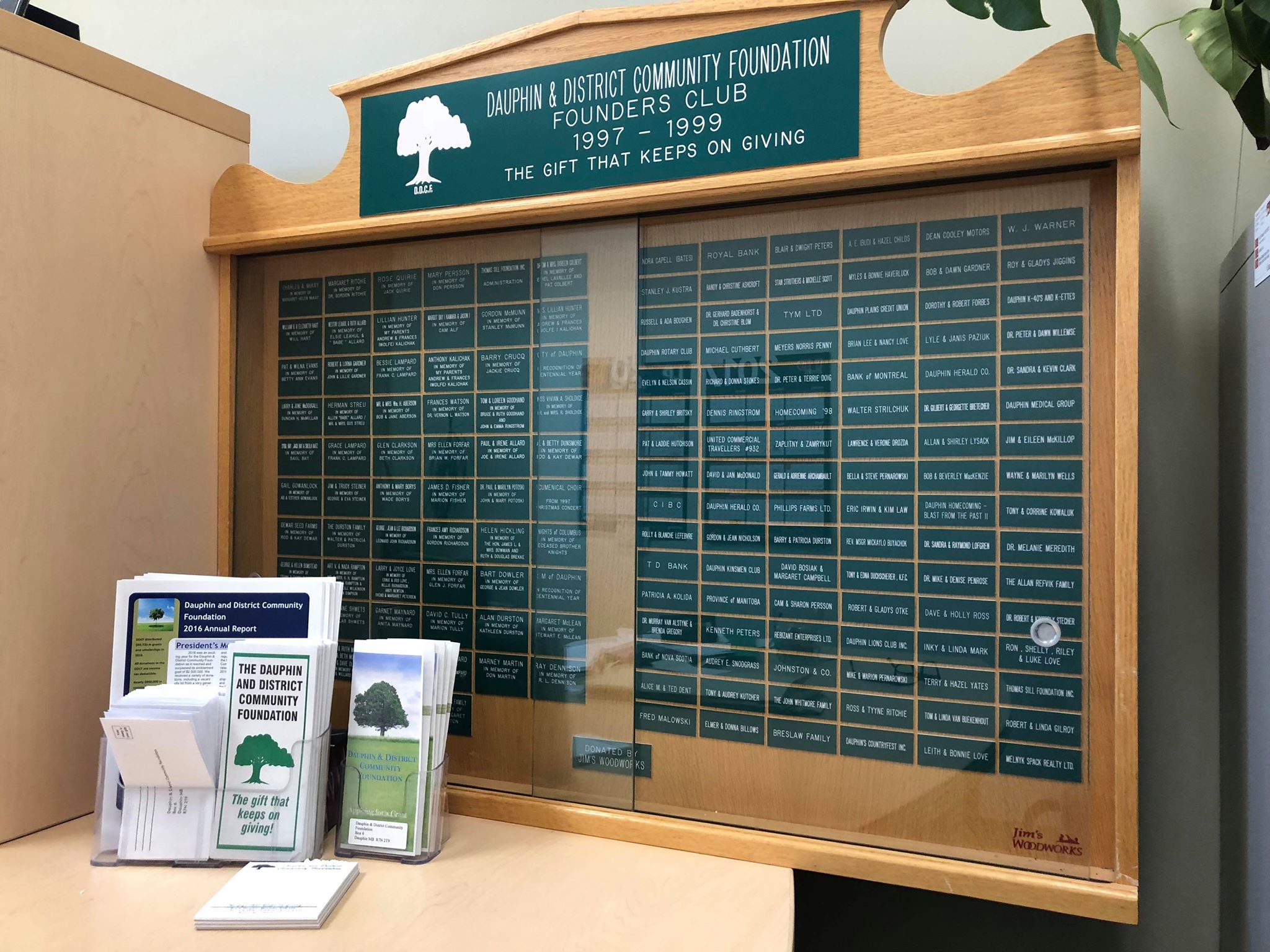 NewsNow
NewsNow
Grain farmers across the country are pushing their interests during National Grain Week.
This is the first time the Grain Growers of Canada are hosting the three day event.
During meetings taking place in Ottawa, GGC President, Jeff Nielsen, and representation from Manitoba are pushing specific issues.
“We’re promoting things such as in Manitoba the value-added side that is beneficial to the Canadian economy and of course in Manitoba you’re looking at the pulse fractionation plant that is started construction. We’re looking at oat processing, oilseed crush; we’re looking at the increased growth of soybeans.”
Nielsen added other priorities include getting the amended Bill C-49 passed in the House of Commons as quickly as possible.
- Details
- Contributed by Josh Sigurdson
The investigation is still on going into the accident that claimed the lives of 16 people.
Saskatchewan police are saying its too early to determine if charges will be laid in the crash between a semi-truck and Humboldt Broncos junior hockey team.
Investigators are still trying to determine why the truck was at the intersection of Highway 335 and 35, between Tisdale and Nipawin.
The intersection is closed today until 6:00 this evening so reconstructionists can analyze the scene a second time.
- Details
The Humboldt Broncos GoFundMe page closed last night at midnight.
More than 142,000 contributors in just 12 days donated just under $15.2 million dollars from across Canada and numerous countries around the world.
It was the largest fundraiser of its kind in Canadian history.
They will still be accepting donations, just under the Humboldt Broncos Memorial Fund name rather than the GoFundMe page.
- Details
- Contributed by Josh Sigurdson
The Dauphin Community Foundation is recognizing local organizations at their Spring Luncheon on Monday.
The luncheon is the first of its kind and is going to be held at the WAC.
David Bosiak, Board Member of the Foundation explains why they’re having the event.
“What we’re trying to do is try and bring a more public awareness of the organizations that the Community Foundation annually provides grants to.”
He talks about where the idea came from.
“We thought that the Chamber of Commerce did a great job with how they do their Luncheon Series, so we thought a lunch would be a good idea.”
They will be presenting over $72,000 in grants at the luncheon.
Tickets are available until Friday afternoon at the Foundation Office at City Hall and are $20 each.
- Details
Premier Brian Pallister announced details of a new K to Grade 8 school for Brandon.
The new school is going to be 65,660 square feet and located at Maryland Avenue and 9th Street.
A child-care centre is going to be located in the school to care for 20 infants and 54 preschool children.
The new educational facility will have 40 nursery school spaces and 14 regular classrooms for students.
Construction is set to begin in November and expected to be completed in September 2020.
- Details
The division has had initial testing of all the sinks and fountains in all of the schools in Dauphin, with 84 samples taken from 42 sources.
To ensure water quality, MVSD is closing many of the water fountains connected to older water service lines.
The division will continue to test all the remaining schools and take the necessary measures set forth by the province.
- Details
As spring approaches, National Soil Conservation Week is a great time to start thinking about the health of your garden or field.
One simple way to know the state of health of your soil is what Jim Tokarchuk, the Executive Director of the Soil Conservation Council of Canada, calls ‘Soil Your Undies’.
“A very simple science experiment that anyone can do. By simply finding a pair of new cotton underwear, burying it in the soil starting in the spring then coming back in July and examining the stage of decomposition of the cotton product.”
By doing this experiment, it tells you, the state of biological activity in your soil. He says generally the more active the soil is the healthier it is.
With farmers using most of the soil, it’s vital that they implement best management practices to mitigate many problems that might occur.
“It’s not a free good. If you don’t look after it, it will decline. So things like the extent of tillage, the type of tillage equipment, the type of crop rotations you use, all have an impact on soil health. So we say to farmers across the country, think about that as you begin doing your planting.”
Tokarchuk says soil is a living breathing system that provides nutrients and water to crops, is a home for billions of organisms and produces 95% of the food we eat.
He also says the annual cost of soil degradation is estimated at over $3 billion each year in Canada and it will only increase if nothing is done.
- Details
- Contributed by Josh Sigurdson
Approximately 3400 employees are represented by Teamsters Canada Rail Conference and the International Brotherhood of Electrical Workers.
The two unions cite a lack of progress at the bargaining table and if there is no negotiated settlement, they will walk out at 12:01 a.m. on Saturday.
This potential strike comes at a bad time with the railway under pressure from shippers to move backed up grain shipments and meet the demands of the oil industry.
- Details
- Contributed by Josh Sigurdson
Kevin Giesbrecht is receiving the Parkland One to Watch award at the ACC Alumni Awards.
Giesbrecht is an Ag and Commercial Lender at Catalyst Credit Union and took two courses at the ACC from 2009-2012 in Land and Water Management and Ag Business.
He enjoyed the small class size and hands on learning at ACC.
“I really enjoyed the small class sizes at ACC and getting out on fieldtrips and we’d do a lot of hands on studying and learning in the field. Also the instructors were really good, if you had any questions or anything, they’d take the time to sit down with you and go over something.”
The Alumni Awards banquet is on Thursday, April 26th at 5:00 in the evening at the Lions’ Den.
- Details
Higher traces of lead have been discovered in some Dauphin homes.
These homes volunteered to have their water tested as part of a provincial assessment.
Once a year, the city is required to test for lead in the water, by the Office of Drinking Water.
City of Dauphin’s Director of Public Works, Bill Brenner, talks about the current standard.
“The current standard is 10 parts per billion or .01 milligrams per litre and that is in the distribution system in the city.”
Brenner notes some homes tested quite high.
“They varied, some were right around 10 and some were higher. I don’t have the numbers right in front of me, so I can’t tell you exactly what they were but there were a couple that were quite elevated.”
The City of Dauphin currently has 445 lead service connectors still in use and this could contribute to the levels of lead in the water.
However homes that have copper piping in could have lead solder which will also reveal traces of lead in the water.
The city is willing to work with home owners to replace lead service connectors up to the property line, after that the owner is responsible for the connection to their home.
There’s an application that must be filed out to have the work done by the city.
Brenner noted the city will be testing water for those homes that are connected to a lead service line, but if home owners want to test their water, they can pay $50 for a kit, do the test, bring it to the city and they will send it away for testing.
- Details
The project allowed for first year BU courses to be taken in Dauphin and then was extended to a second year.
The city and university invested money to have the project here with hopes the province would see the need and potential to keep it going; however no funding has come through.
The enrolment was growing in the program but not enough to be self-sustaining.
- Details

















